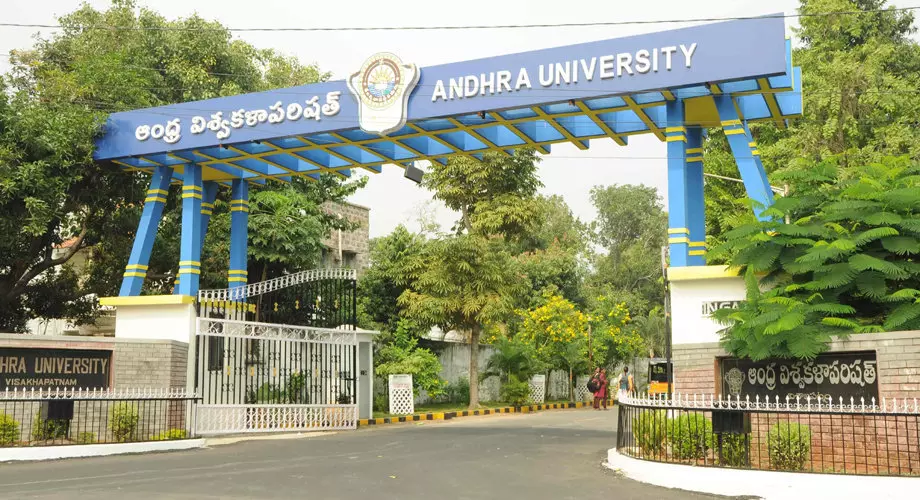Visakhapatnam: The new education policy (NEP) is set to transform the educational landscape of India, focusing on aligning the youth with future needs, according to Prof. G. Sashibhushan Rao, Vice-Chancellor of Andhra University (AU). He made these remarks during the inauguration of a two-day national conference titled "Equity, Diversity, and Inclusion in NEP 2020 is issues, Concerns, and Challenges," organized by the AU Department of Education and sponsored by the University Grants Commission, New Delhi.
In his address, he emphasized that the NEP is fundamentally a student-centric education system aimed at increasing the percentage of students entering higher education. He underscored the benefits of implementing a multiple entry and exit system for students, which aims to enhance flexibility in educational pathways. Additionally, he mentioned initiatives like DigiLocker and the Academic Bank of Credit (ABC), which are designed to make education more accessible.
"The introduction of vocational education starting from the sixth grade is a critical step towards equipping students with practical skills, and noted that the NEP promotes a multidisciplinary approach in higher education and is committed to increasing funding for the education sector.
Distinguished guest Dr. P. Sivananda, Superintendent of KGH , stressed the essential role of teachers in societal development and nation-building. He remarked that "knowledge is the real wealth today," asserting that teachers are pivotal in creating this knowledge.
Special guest Prof. P. Adma Paul Patteti from MANUU's Satellite Campus in Bihar echoed these sentiments, highlighting how teaching methodologies have evolved post-COVID. He raised concerns about rising youth suicides in India and advocated for an educational framework that nurtures harmony among mind, body, and soul.
Dr. T. Sharon Raju, Head of the Department of Education and conference convener shared that 220 research papers were submitted for consideration at the event. Delegates from ten Indian states and representatives from countries including the United States and several African nations participated in discussions aimed at ensuring access to quality education for all.


